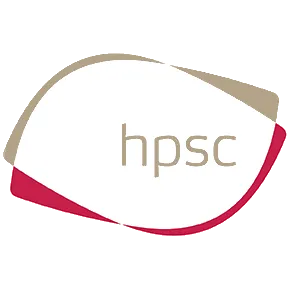Energy and Health
Energy and Health
Energy is essential to meet our most basic needs: cooking, boiling water, lighting and heating. It is also a pre-requisite for good health (World Health Organization).
An adequate reliable energy supply is also needed for many other requirements including communications, security and health services. Therefore energy policy is very important to health.
All energy options have some public health risks, occupational risks and climate risks. In a rapidly changing world, energy developments may be occurring quickly and there can be public concerns, including health concerns, about technologies. In addition, the development of energy projects in a locality may cause disruption and environmental stress. Citizen and community engagement is a necessity. Public participation in environmental decision making is also a requirement of the Aarhus Convention.
Read more information on the Aarhus Convention and related agreements.
Development of sustainable energy production is required to meet Ireland's transition to a low carbon economy and it also provides an opportunity to reduce the dependence on more polluting energy options.
Although considered minimally harmful in general, in view of some concerns and queries from the public, the Public Health Medicine Environment and Health Group has developed a position paper on Wind Energy.
Information, Data and Reports for
-
Environment and Health
- Air Quality
- Bathing Water and Health
- Carbon Monoxide
- Climate Change
- Energy and Health
-
Extreme weather events
- Flooding
- Health Effects of Air Pollution
-
Cold weather
- Cold Weather Advice for the General Public
- Air Quality and Safe Room Ventilation During Cold Weather
- Cold Weather Advice for Older People and their Families and Neighbours
- Cold Weather Advice for Parents and Caregivers: Tips to Keep your Children Warm this Winter
- Cold Weather Advice for People with Specific Medical Conditions
- Cold Weather Advice for Health and Care Professionals
- Useful Links and Resources
- Frostbite and Hypothermia
- Air Pollution Health Advice
- Heat related hazards
- Air pollution from wildfires
- Storms
- Noise: Environmental Noise Guidelines
- Radon and health
- Radiation
- Odour: Environment and Public Health
- Review of Environment and Health Needs, HSE Public Health: Health Protection
-
Public Health Medicine Environment and Health Guidance and other Resources
-
Heatwaves - Health Impacts
- Covid-19 & Heatstroke
- Heatwave Advice - Children
- Air pollution from wildfires
- Dehydration
- Heatwave Health Advice
- Heatwave Advice - Older Adults
- Heatwave Advice - Older Persons Services
- Heatwave Advice - Outdoor Workers
- Indoor Temperature Control
- Sun and outdoor safety
- Preventing sunburn in children
- Causes and prevention -Skin cancer (melanoma)
- Investigation of possible waterborne disease
- Water Safety
-
Heatwaves - Health Impacts
- PHMEHG Submissions
- PHMEHG position papers



